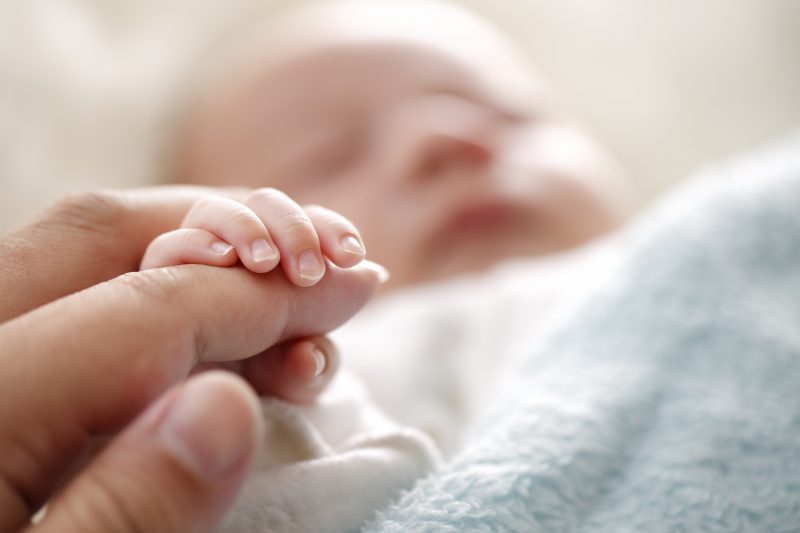Could Your Thyroid Be the Problem?
If you’re trying to conceive and having trouble, you’re not alone! In a recent survey, the Centers for Disease Control and Prevention (CDC) found that 10.9 percent of women 15 to 44 years old reported having fertility problems or were unable to carry a baby to term.
That’s 6.7 million women.

There are many causes of infertility, and it’s not always or only a “female problem.” The male partner plays a significant role, too. There are many factors that researchers and fertility specialists suspect play a part in female infertility, but research has not shown a clear relationship. Thyroid function is one of these factors. Recently, a new study pointed to a relationship between the thyroid and infertility. Can this be an answer? What can you do?
Why Your Thyroid is Important
The thyroid plays a major role in the human body. It releases a steady stream of hormones into the blood which regulate many body functions, according to PubMedHealth, an online publication of the US National Library of Medicine. Proper thyroid function is important in the body’s growth, maturation, and metabolism. With an overactive thyroid, called hyperthyroidism, you have too much of the hormones. This speeds up your metabolism like accelerating an engine, and can cause a racing heart, weight loss, diarrhea, hair loss, insomnia, nervousness, emotional instability and irritability.An underactive thyroid, or hypothyroidism, means your thyroid is not producing enough of the hormones. This slows your body functions, and can cause weight gain, tiredness, constipation, difficulty concentrating, dry skin, dry hair, a slow pulse, and sometimes even depression.
Your Thyroid and Fertility
A recent research study found that thyroid problems may cause significant fertility problems for women, as reported by Health Day News. The research, published Jan. 23, 2015 in The Obstetrician & Gynaecologist, found that 2.3 percent of women with infertility had an overactive thyroid, compared with 1.5 percent of those in the general population. The condition is also linked with irregular menstrual periods, the researchers said.The study also found that an underactive thyroid was linked with menstrual problems and a lack of ovulation. Thyroid disease was associated with an increased risk of problems during pregnancy, including miscarriages, preeclampsia, and stillbirth. The study’s authors recommended that testing for thyroid disease be considered for women who have fertility problems and repeated early pregnancy loss.
So what should you do? If you’re under 35 and have been trying to get pregnant for 12 months without success, or you are over 35 and have been trying for six months, you may want to consult a reproductive endocrinologist, a fertility specialist. Reproductive endocrinologists are experts in fertility treatment and stay abreast with the most current research. Your specialist will evaluate you thoroughly and develop a personalized treatment plan to help you achieve your dream, a baby of your own.
 There are many causes of infertility, and it’s not always or only a “female problem.” The male partner plays a significant role, too. There are many factors that researchers and fertility specialists suspect play a part in female infertility, but research has not shown a clear relationship. Thyroid function is one of these factors. Recently, a new study pointed to a relationship between the thyroid and infertility. Can this be an answer? What can you do?
There are many causes of infertility, and it’s not always or only a “female problem.” The male partner plays a significant role, too. There are many factors that researchers and fertility specialists suspect play a part in female infertility, but research has not shown a clear relationship. Thyroid function is one of these factors. Recently, a new study pointed to a relationship between the thyroid and infertility. Can this be an answer? What can you do?


